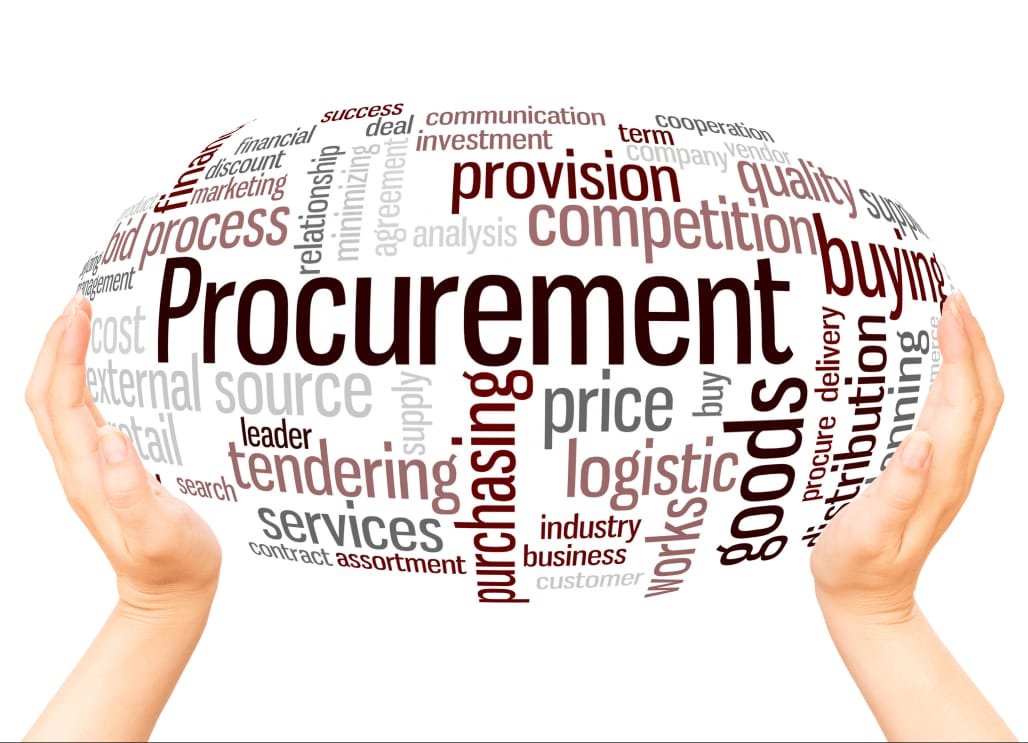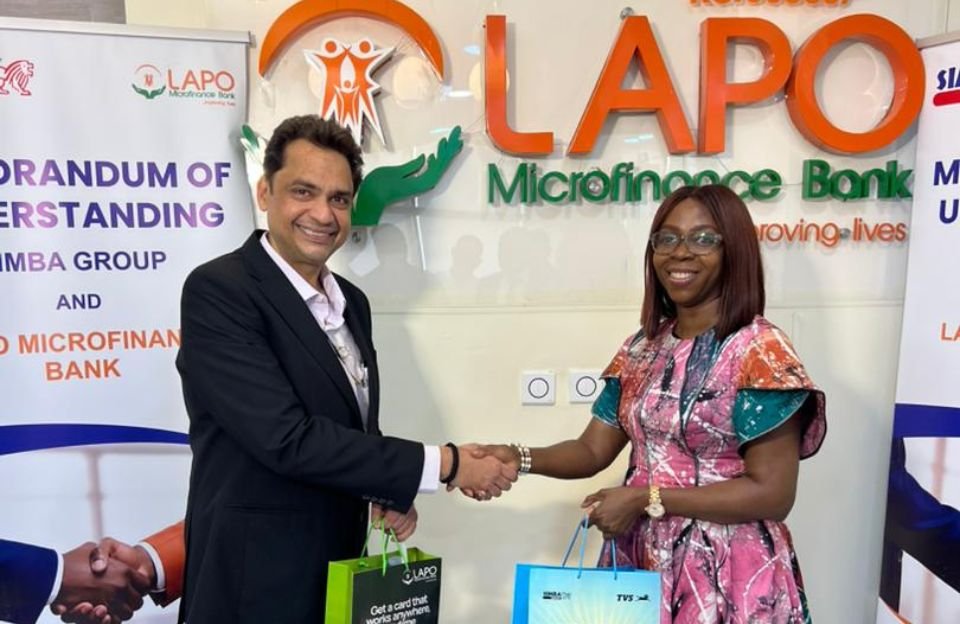

A guide to understanding the procurement function.
Behind the scenes for many years, procurement has been a vital cog in the successful execution of business operations. Recent disruptive events have shone a light on the significance of this function gaining it a more prominent seat at the table.
With this in mind, Procurement Magazine outlines what procurement is, the types of procurement, the stages of procurement, and the core components of procurement.
What is procurement?
Procurement is a vital business function encompassing a range of activities for an organization to obtain goods and services. The purpose of the procurement is to obtain competitive prices for supplies, delivering the most value.
Not all organizations define procurement the same. Some define the function to encompass a range of activities from sourcing suppliers to updating payment terms, while others are narrower with activities such as issuing purchase orders and making payments.
Procurement helps organizations to find reliable suppliers, with competitive prices, and services that match their needs. “Minimizing cost is one important aspect of improving your procurement processes. But it’s also vital to identify suppliers that provide the quality of goods and services that the company needs and have the capacity to deliver reliably and a track record of doing so.”
What are the types of procurement?
Procurement can be categorized in multiple ways, starting with goods procurement and services procurement, which can then be both direct and indirect.
- Goods procurement: Commonly refers to procuring physical items, in order to be effective with goods procurement organizations need good supply chain management practices. (Goods procurement can be both direct and indirect).
- Services procurement: This kind of procurement is commonly for people-based services such as contractors, contingent labor, law firms, etc. (Services procurement can be both direct and indirect.
- Direct procurement: This refers to the procurement of anything used to produce an end product (i.e., for manufacturing raw materials and components).
- Indirect procurement: This is typically the procurement of essential items for day-to-day operations (i.e., office supplies, furniture, advertising, etc.).
What are the stages of procurement?
– Sourcing stages
- Identifying the goods and services a company needs
- Submitting purchase requests
- Assessing and selecting vendors
– Purchasing stages
- Negotiating prices and terms
- Creating a purchase order
- Receiving and inspecting the delivered goods
– Payment stages
7. Conducting three-way matching, comparing purchase orders, order receipts, and invoices
- Approving the invoice and arranging payment
- Recordkeeping
The core components of procurement to function.
- People: Responsible for initiating and authorizing each step of the procurement processes as well as accounts payable and the requesting of goods and services. “The number of people involved often depends on the value of the goods and services.”
- Process: Having an effective process is key to keeping costs down and ensuring supplies arrive when they are needed. “A well-designed and methodical process help to promote accuracy and timeliness because every person involved knows exactly what they need to accomplish and how long they have to complete the tasks.”
- Paperwork: Keeping a record of every stage of the procurement process that is easily accessible is also vital. Records act as a database of knowledge in relation to payment terms and supplier performance so that businesses can ensure that their procurement process is efficient. “In the case of an audit or a dispute, a business must be easily able to follow the paper or electronic trail through each stage of the procurement process.”
Credit: Georgia Wilson/procurementmag.com
















